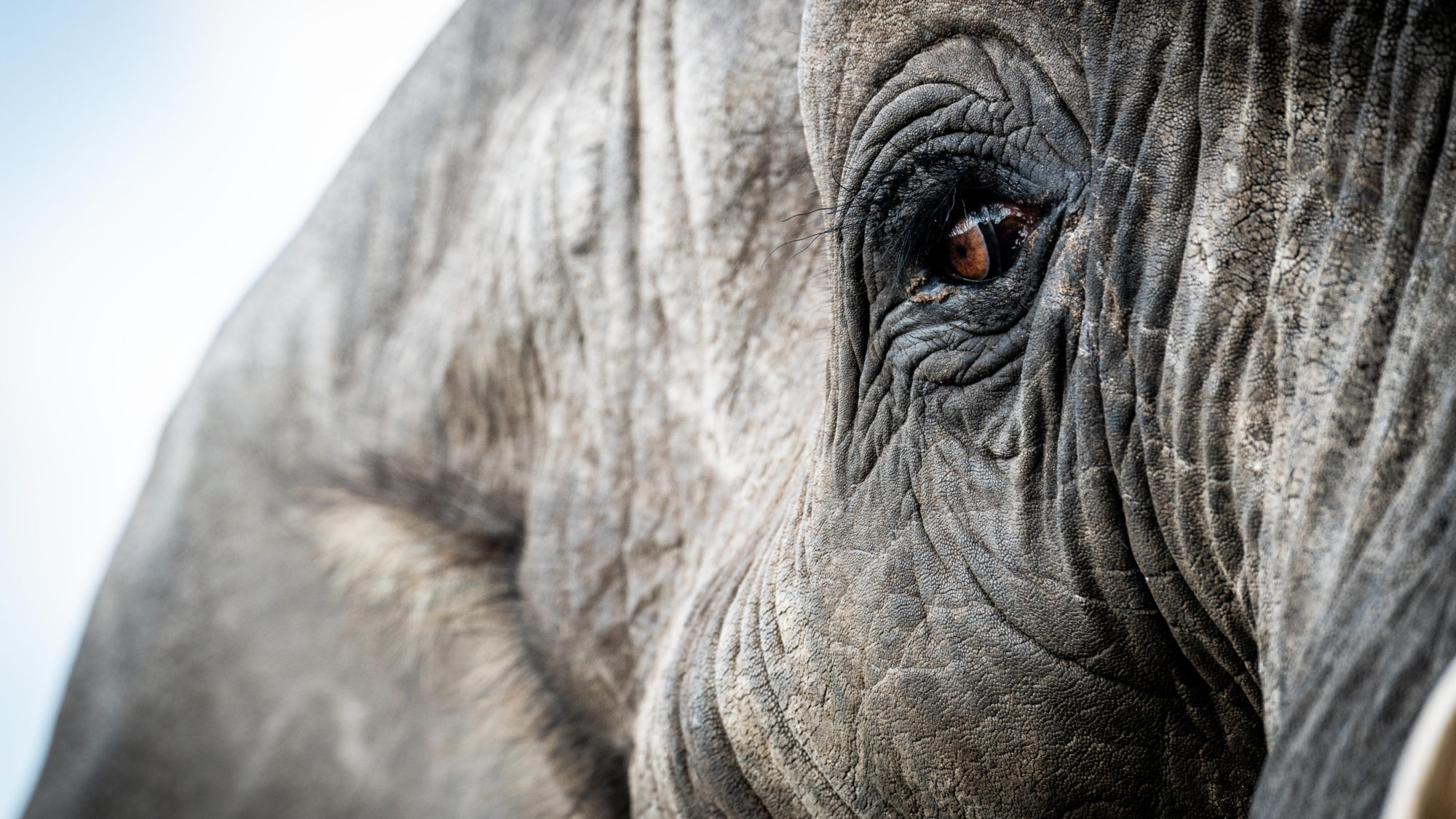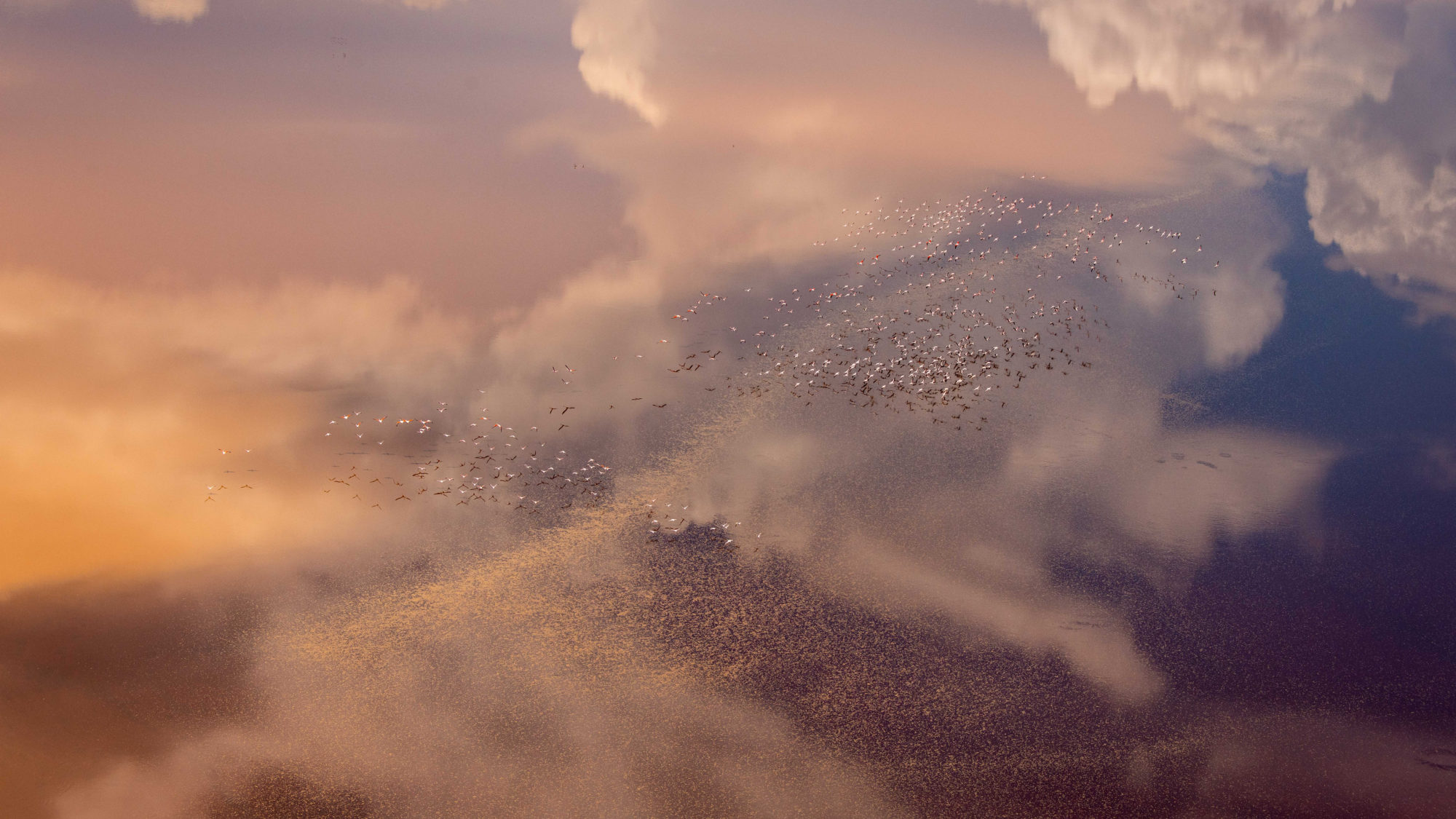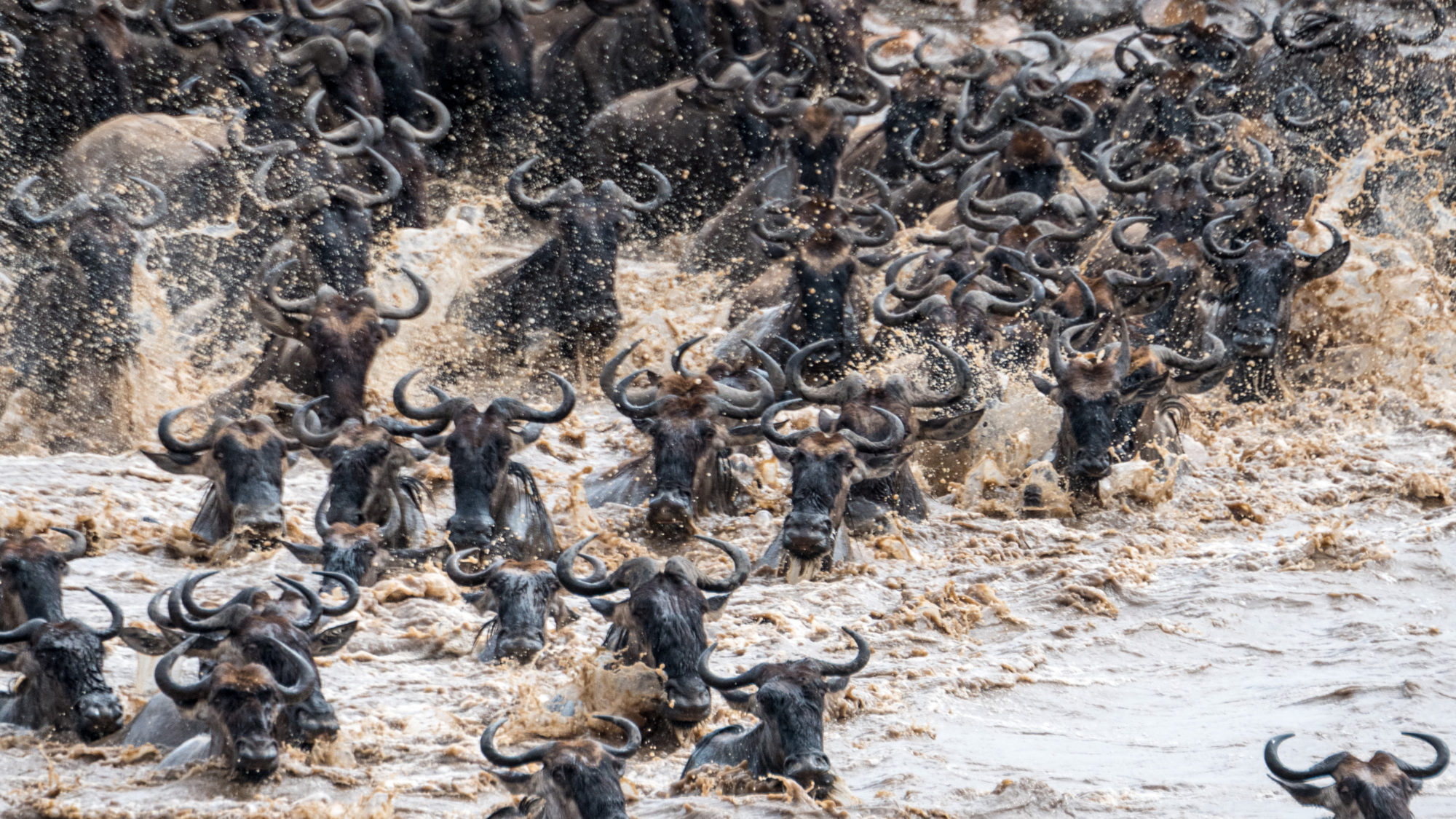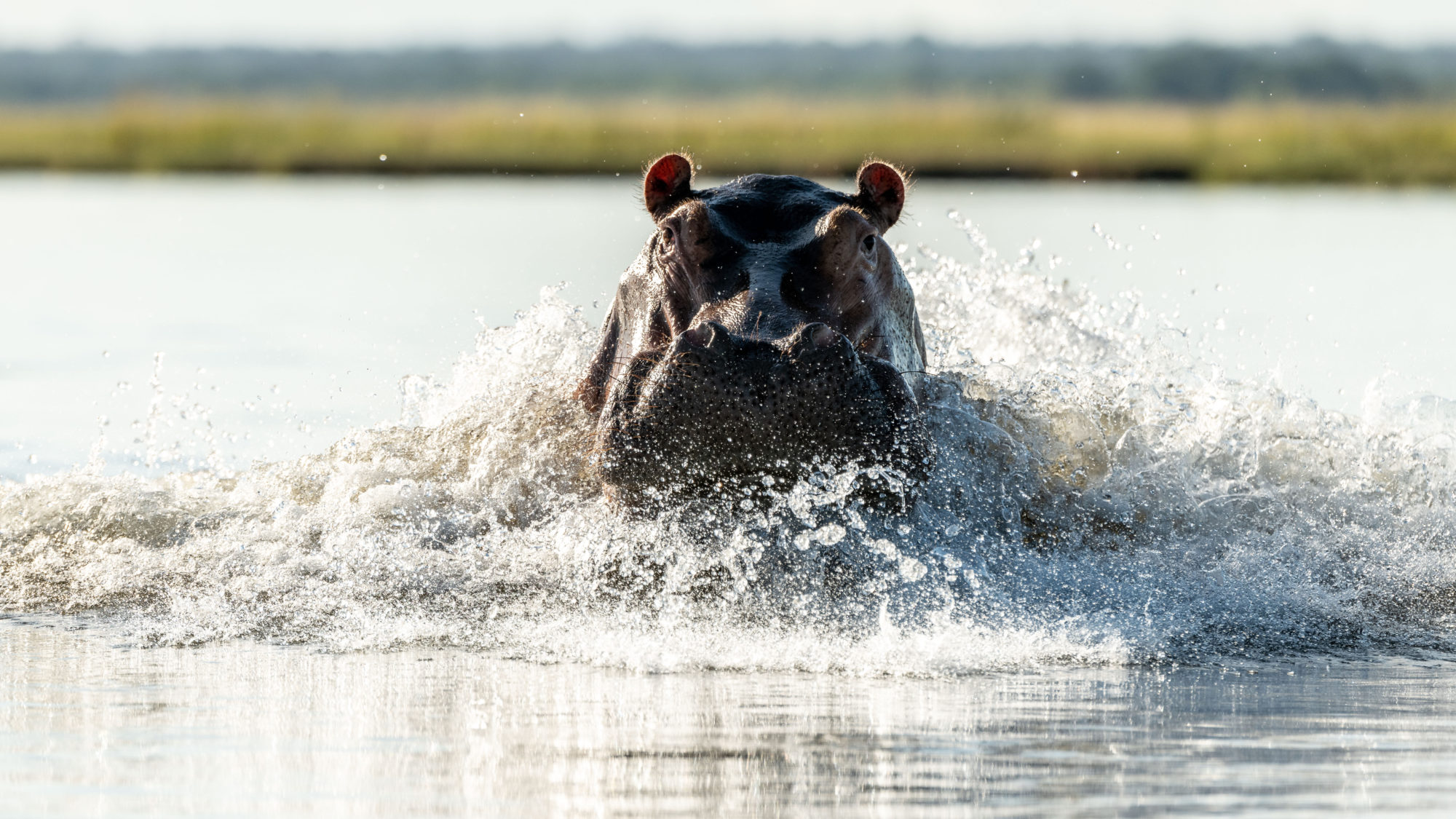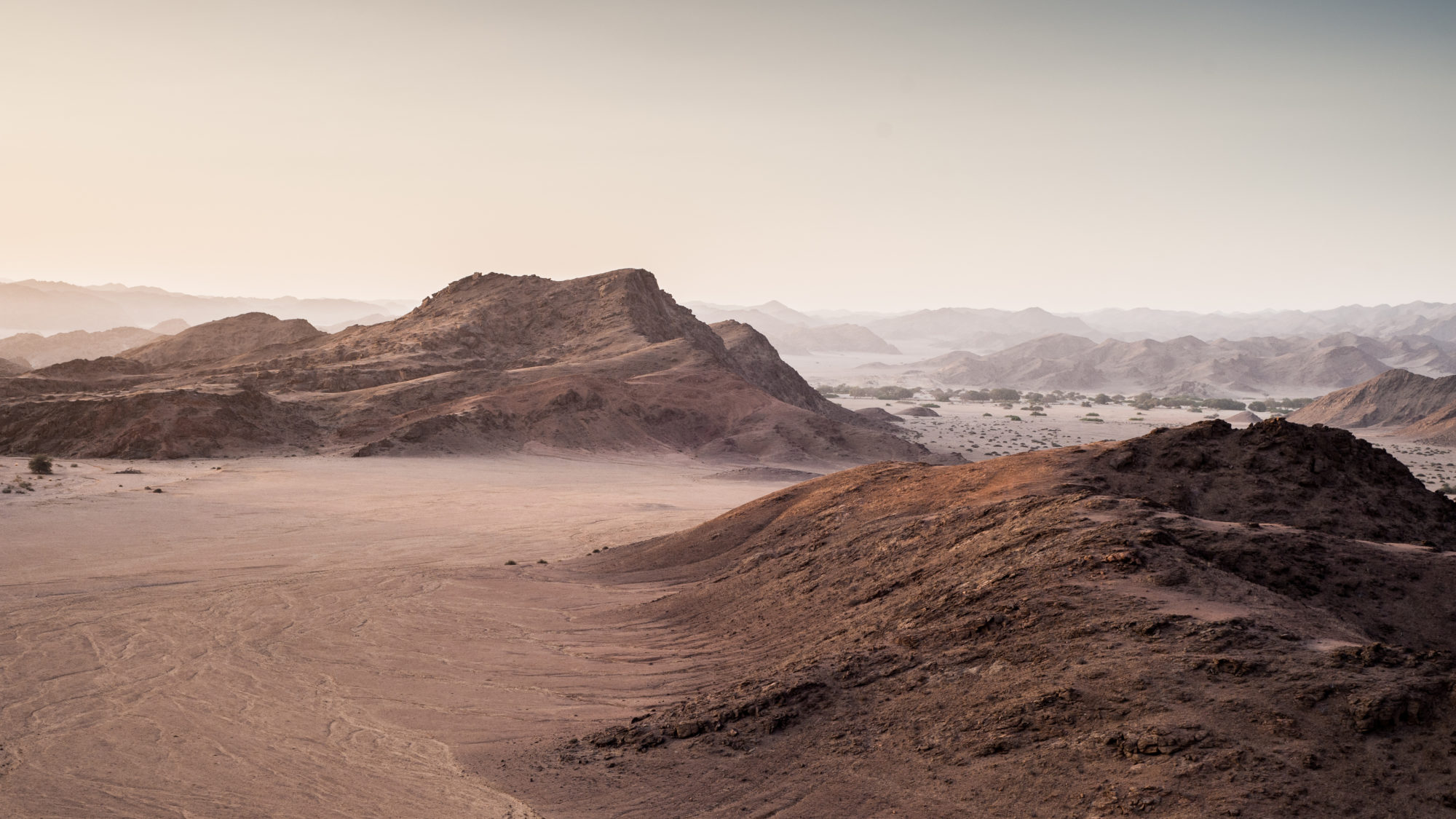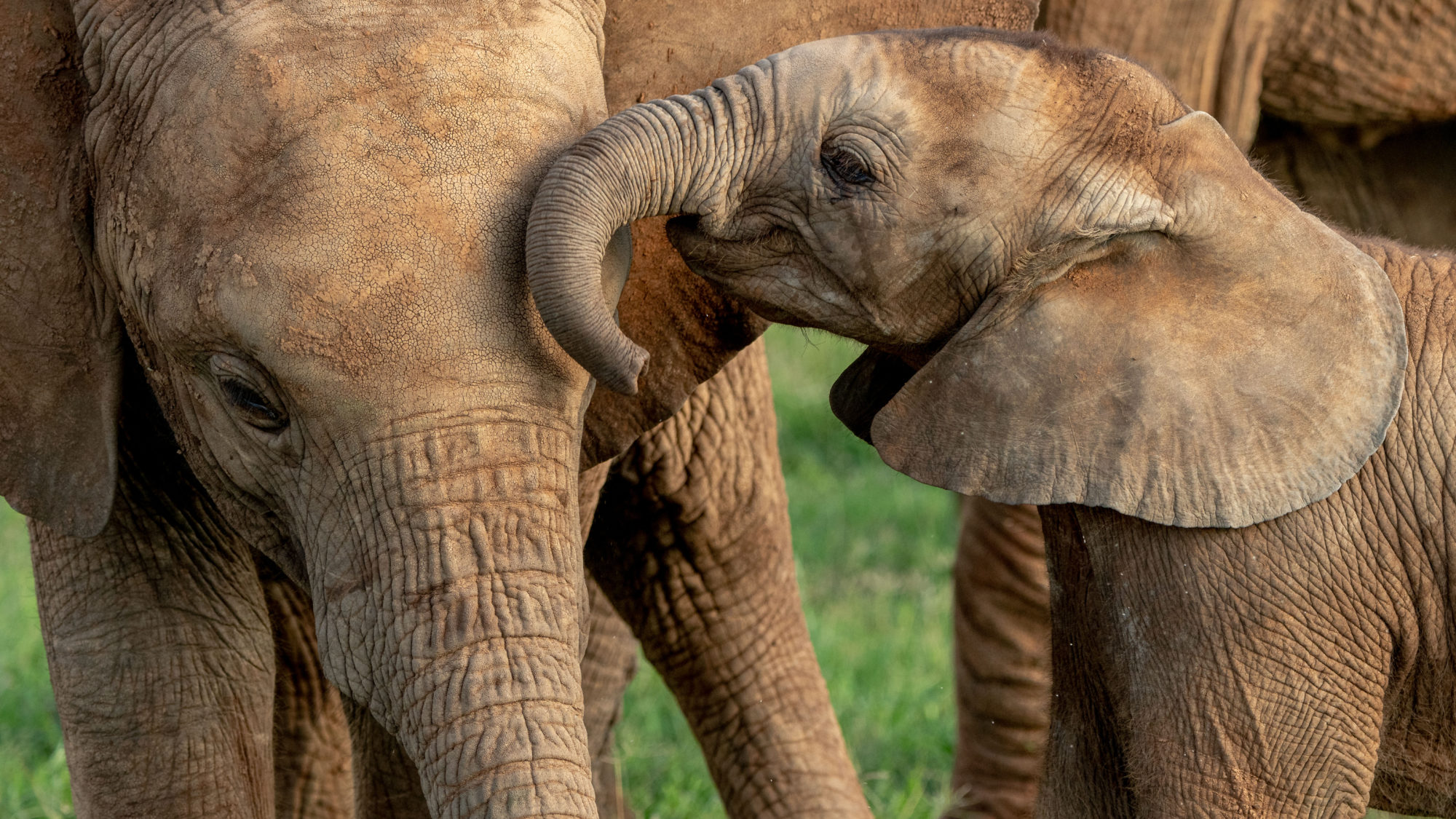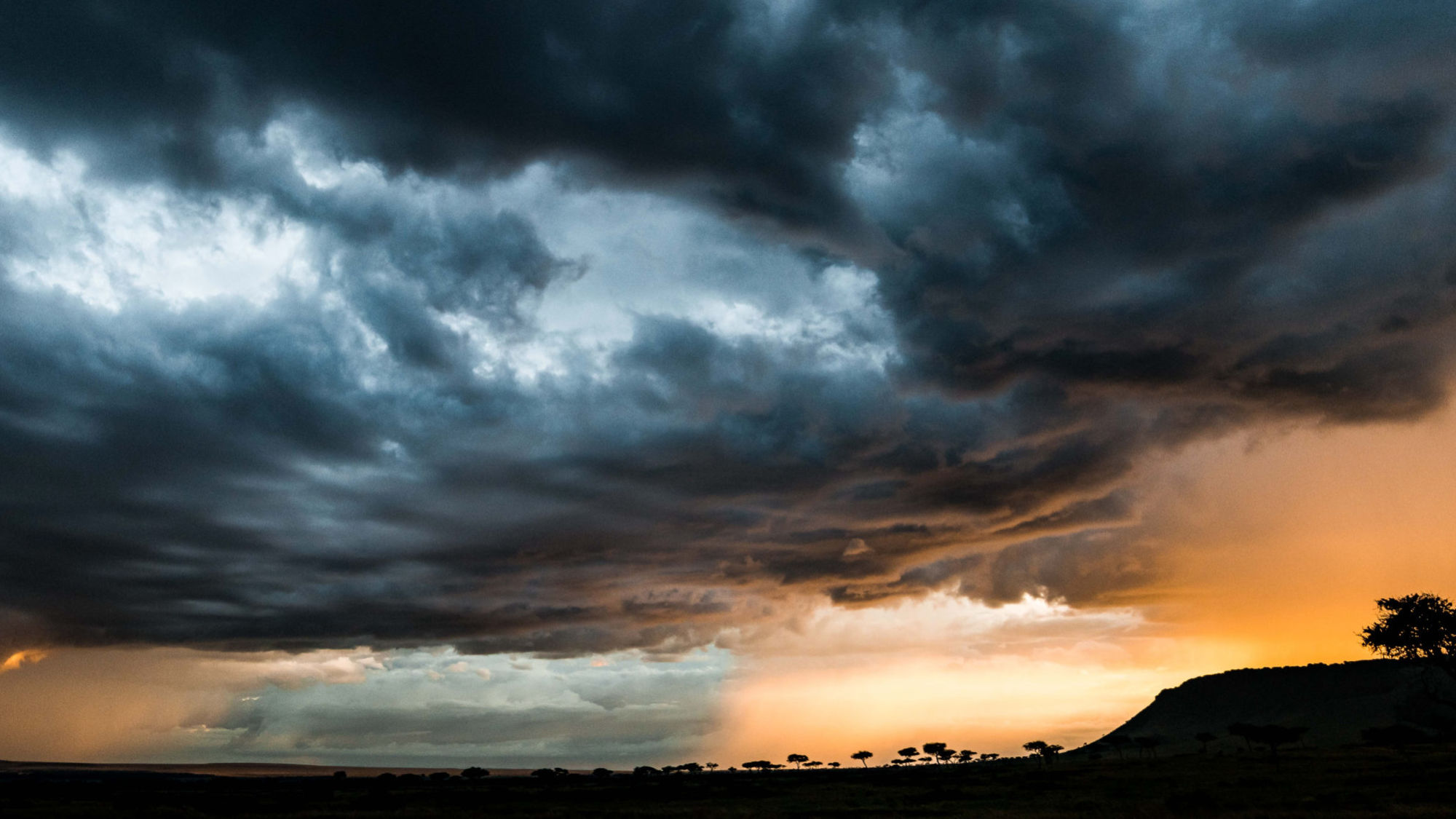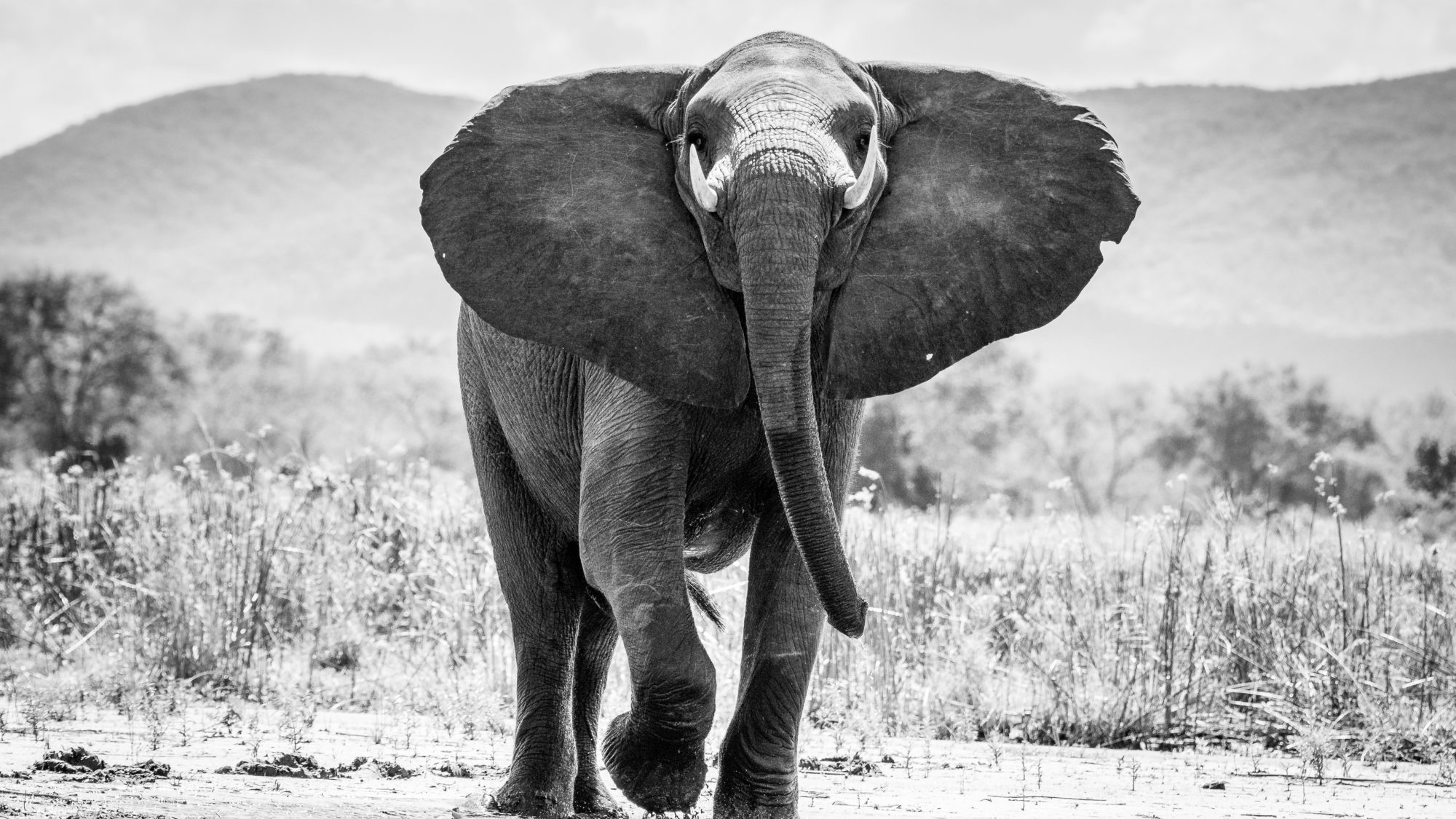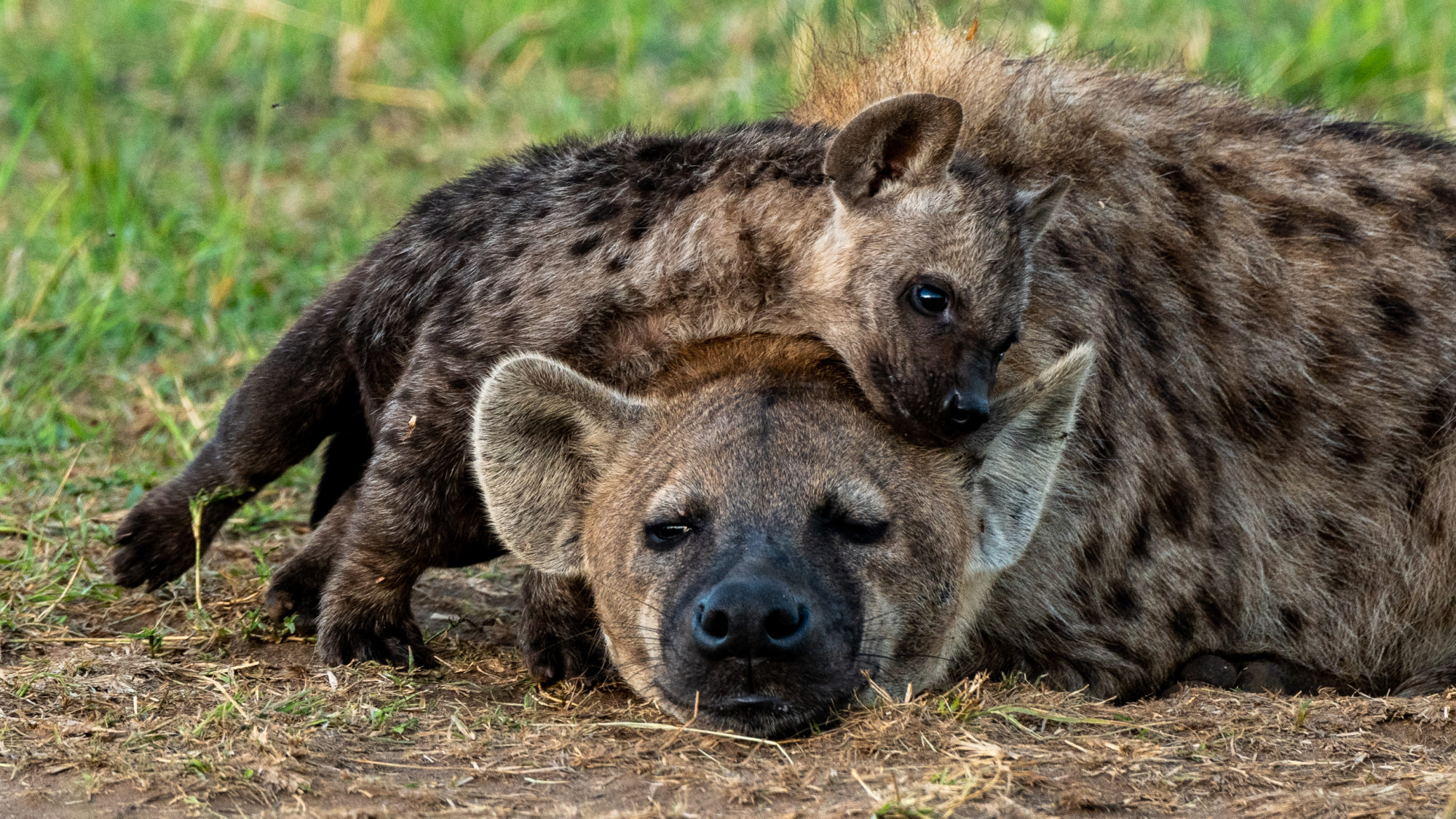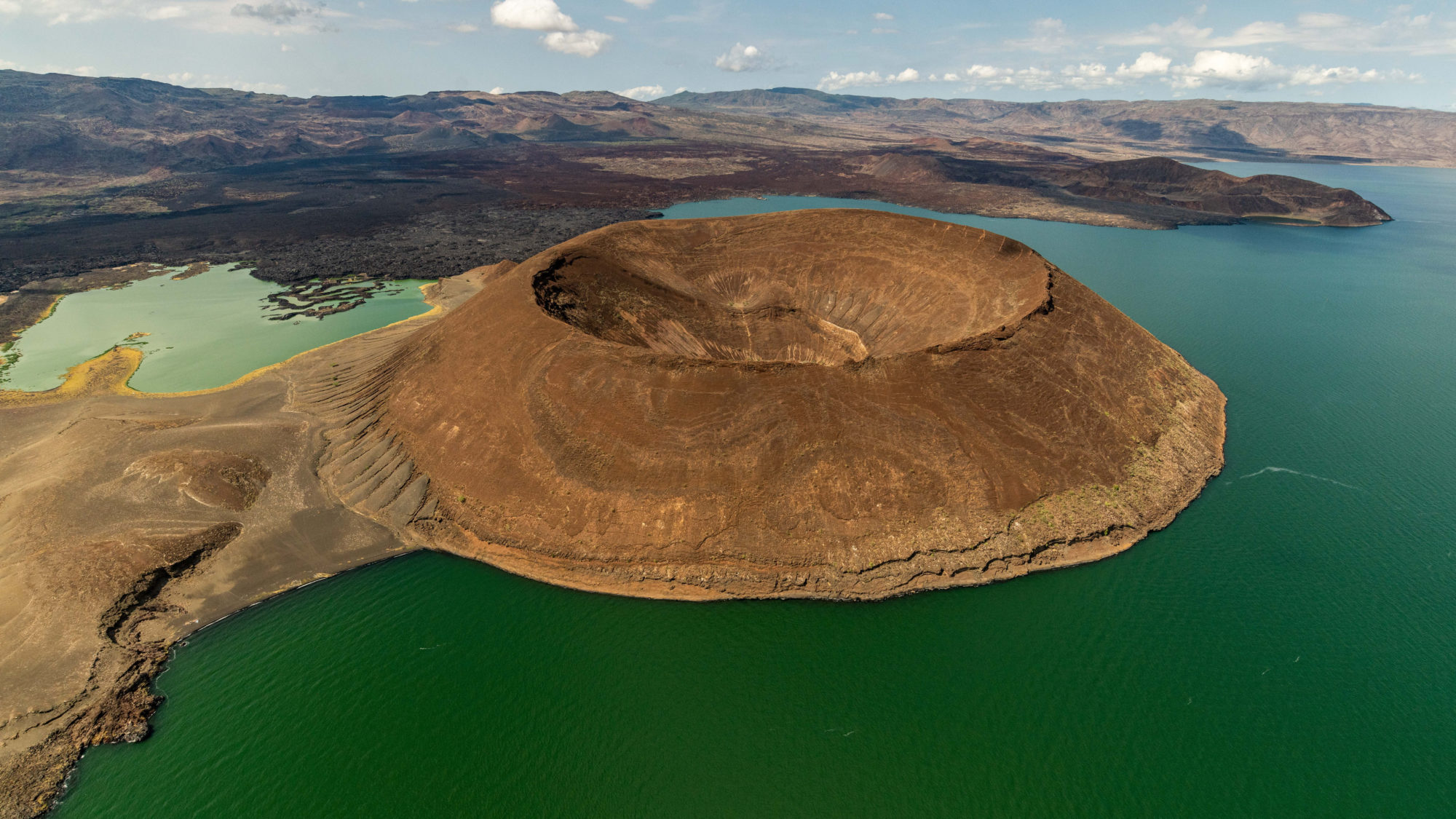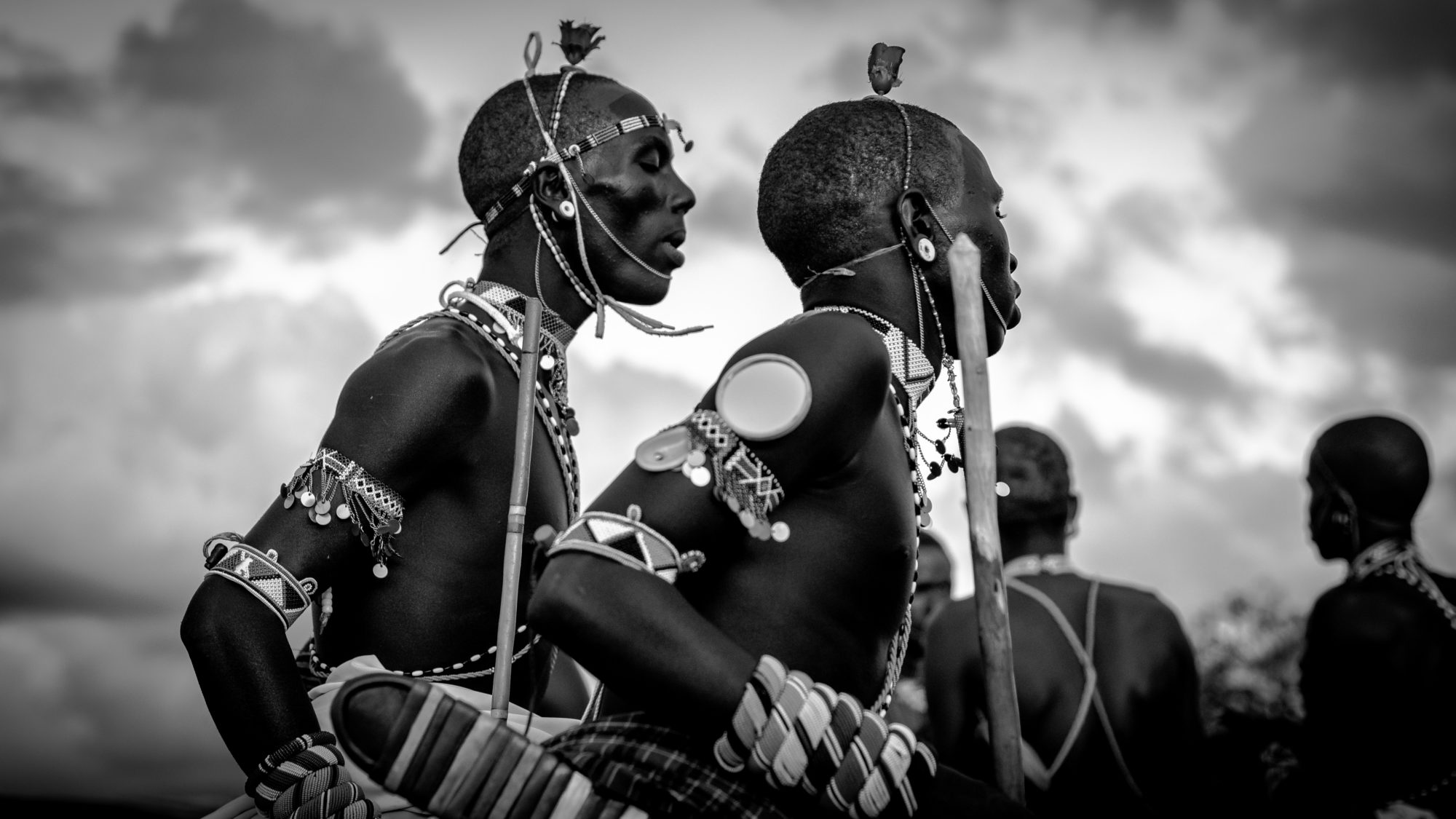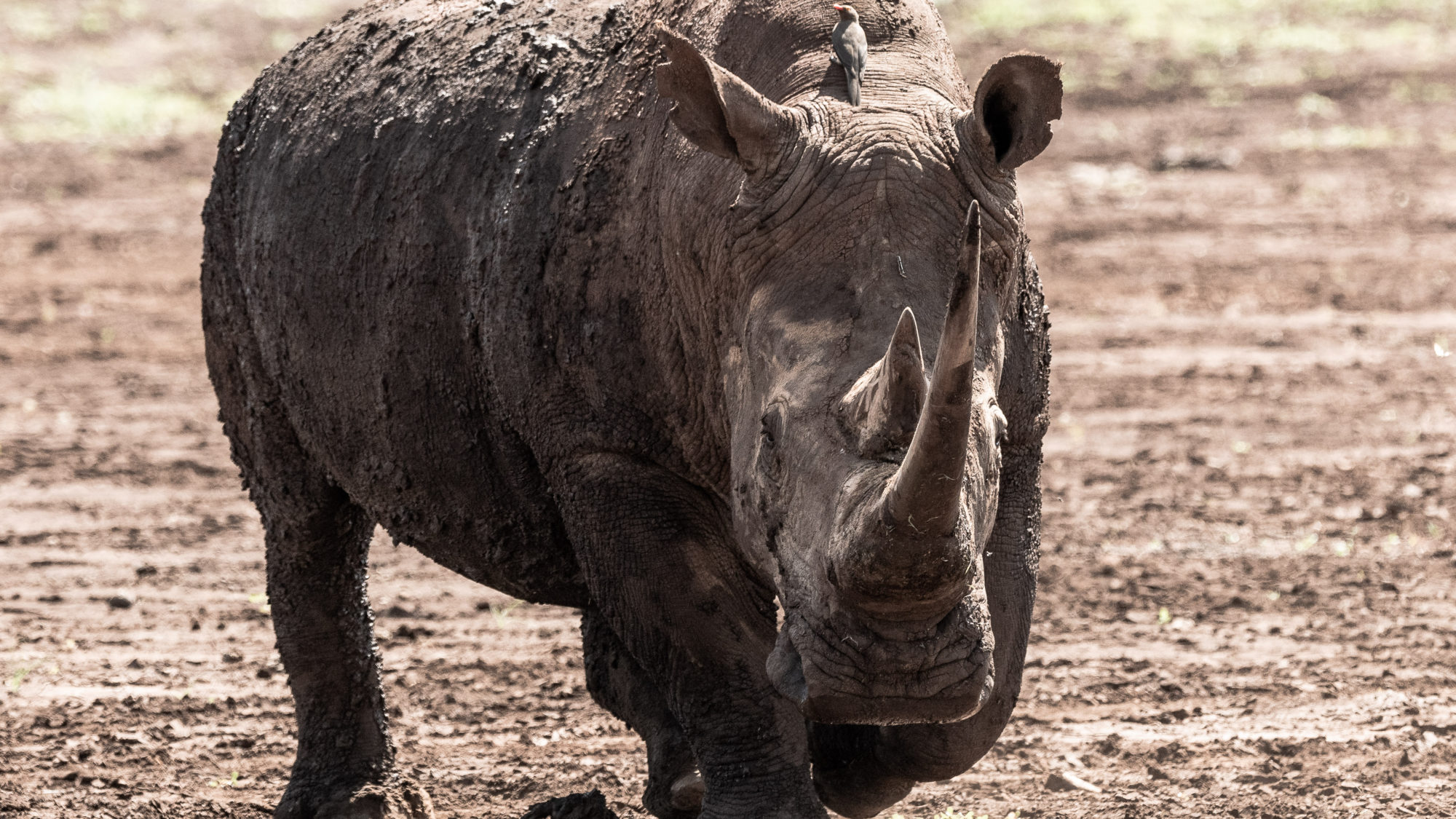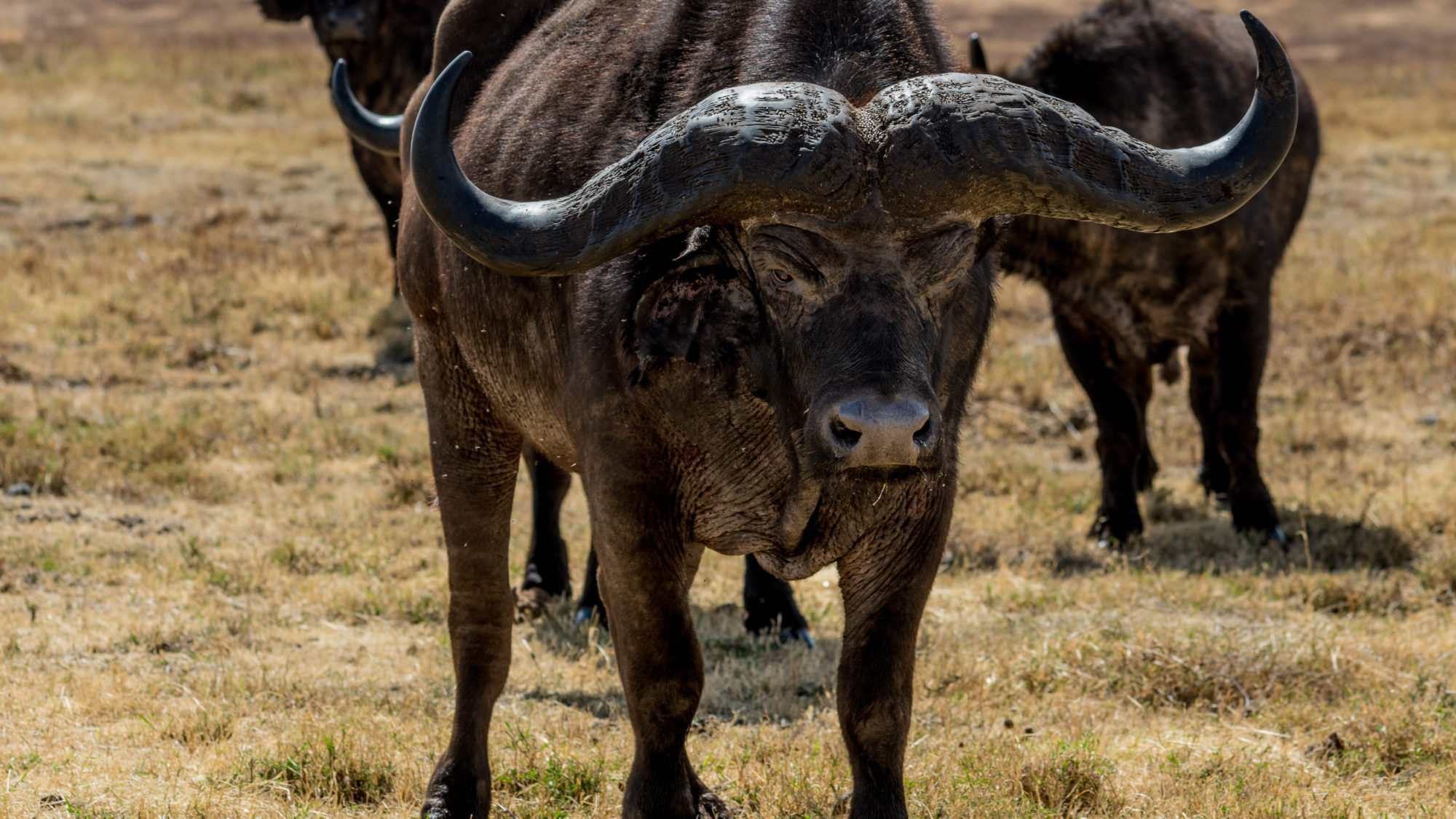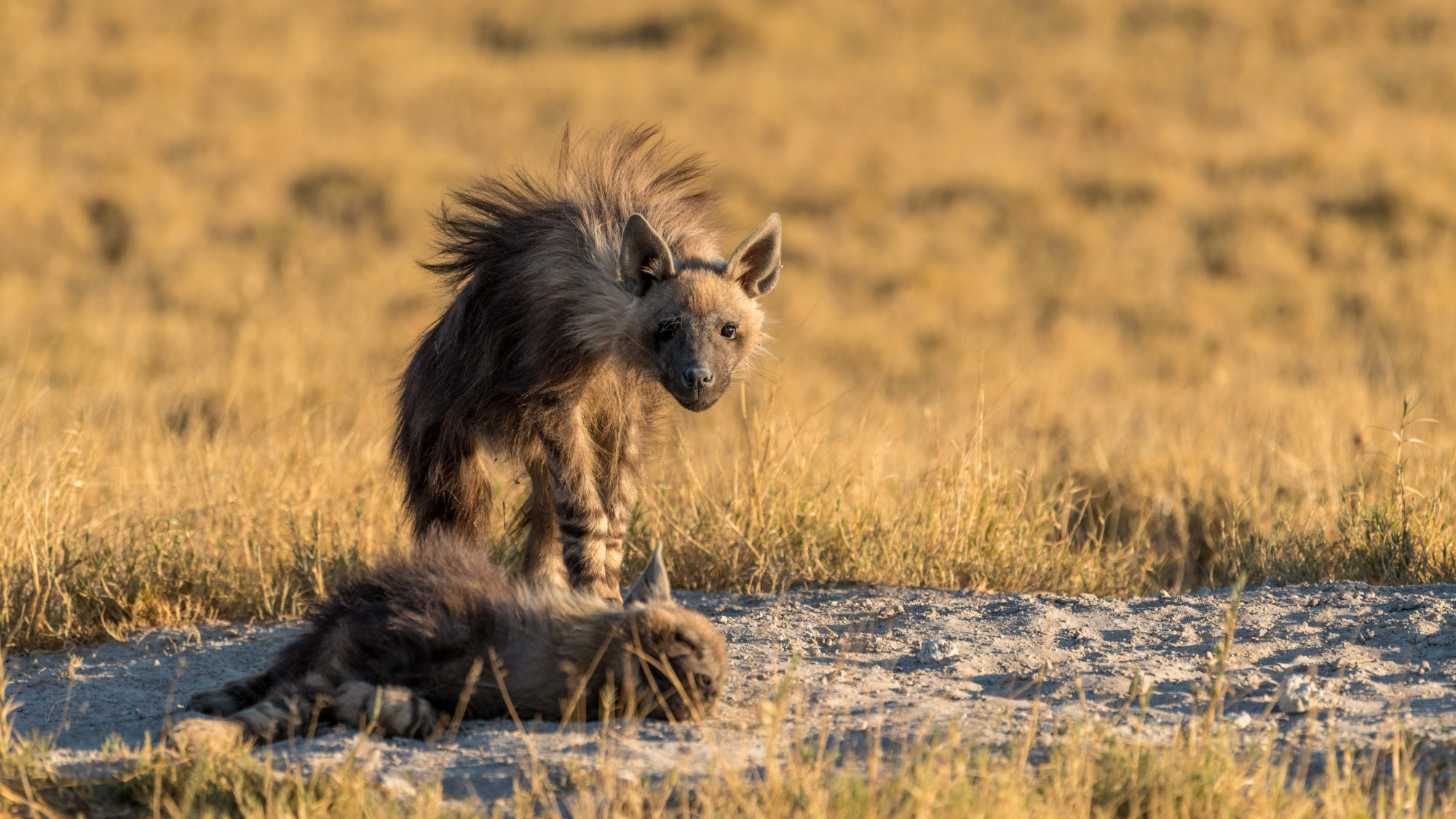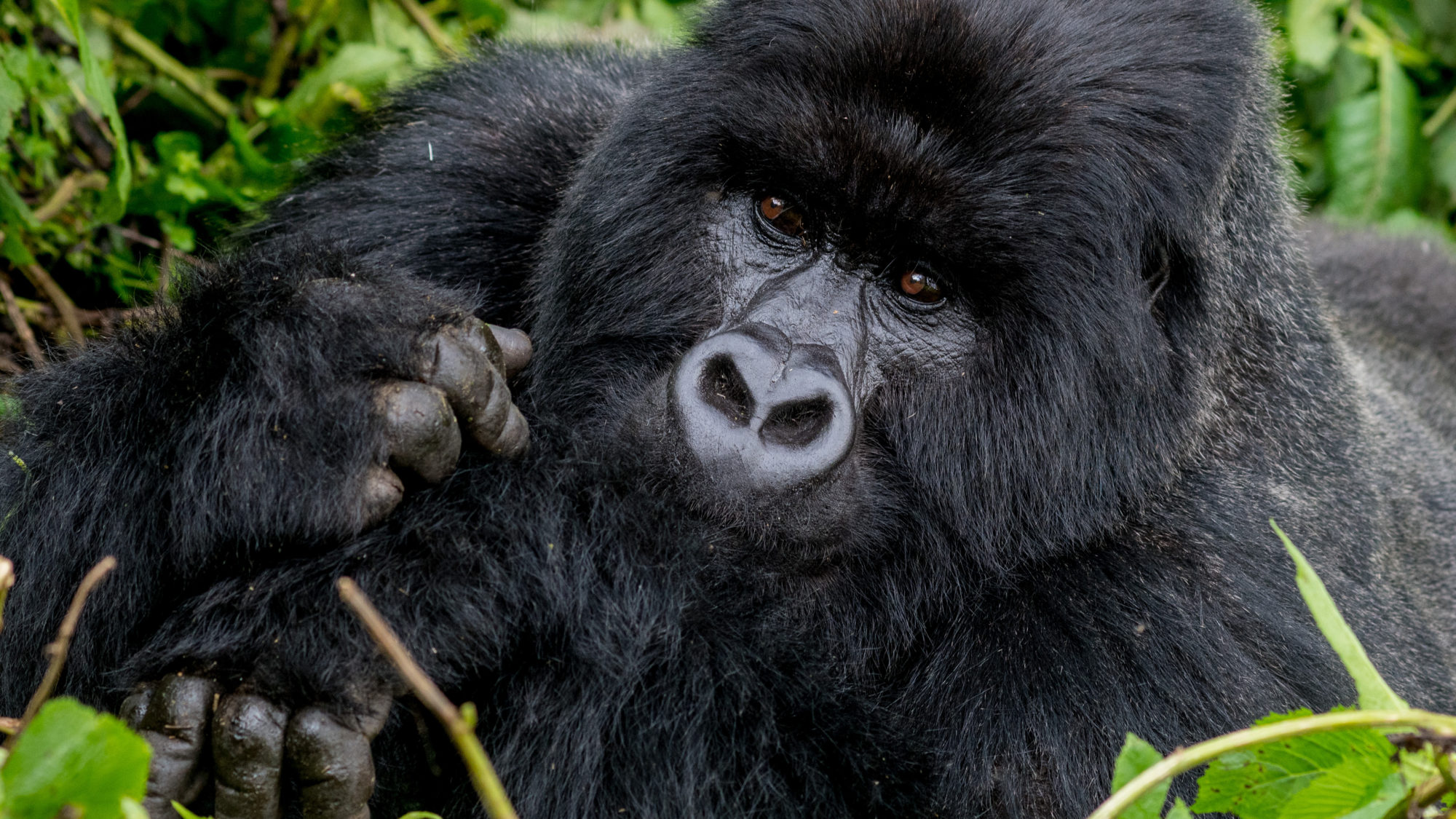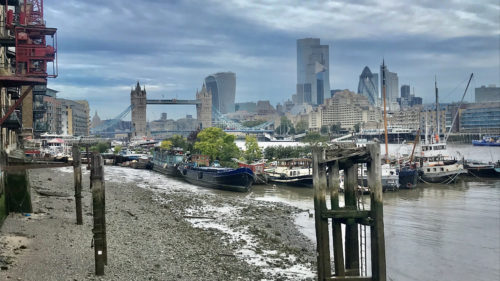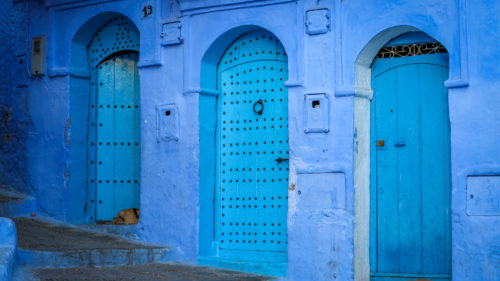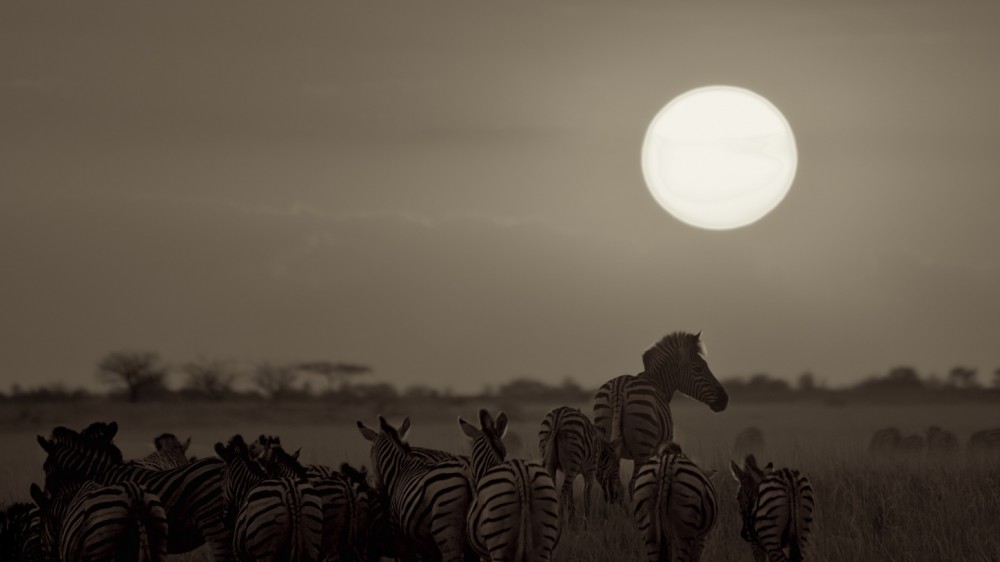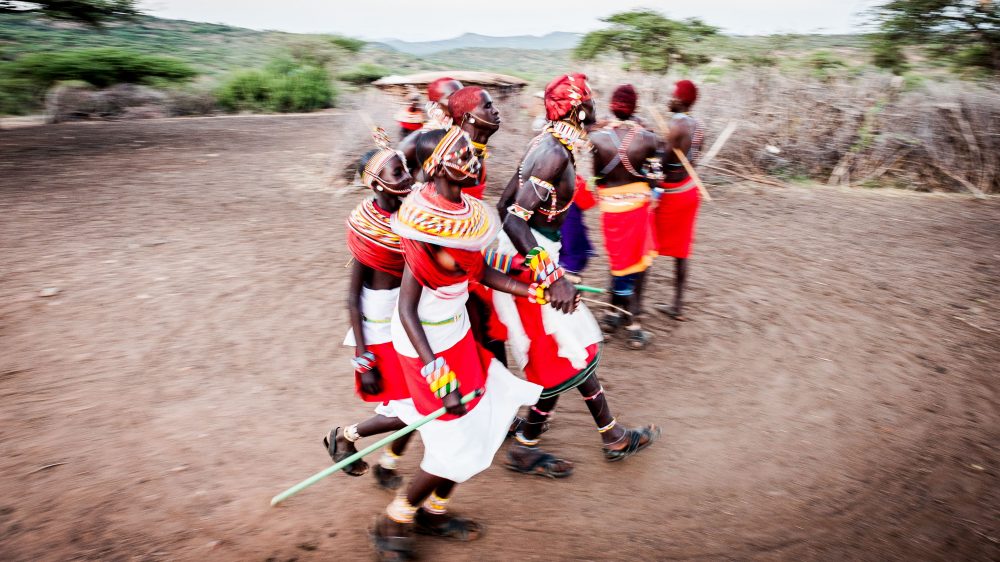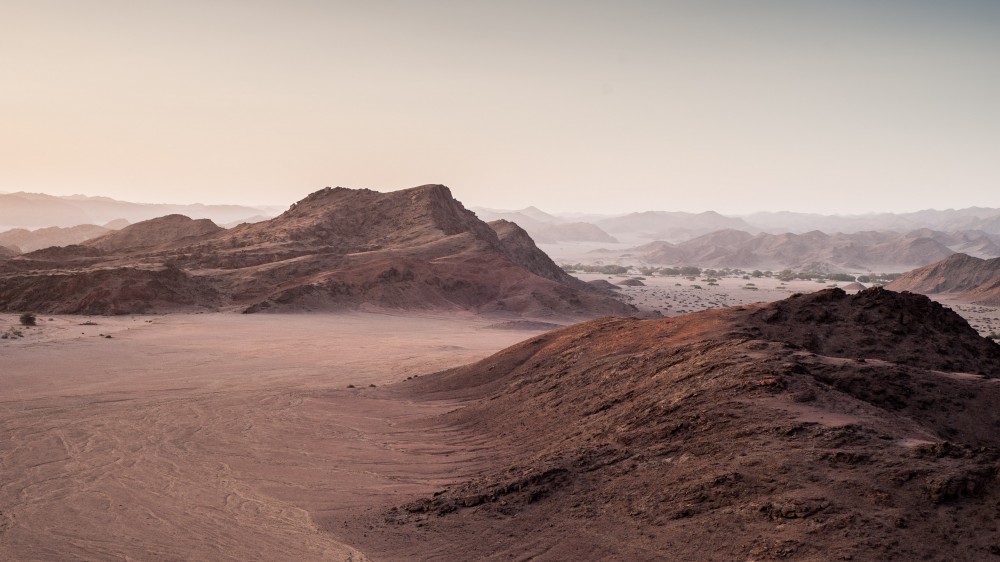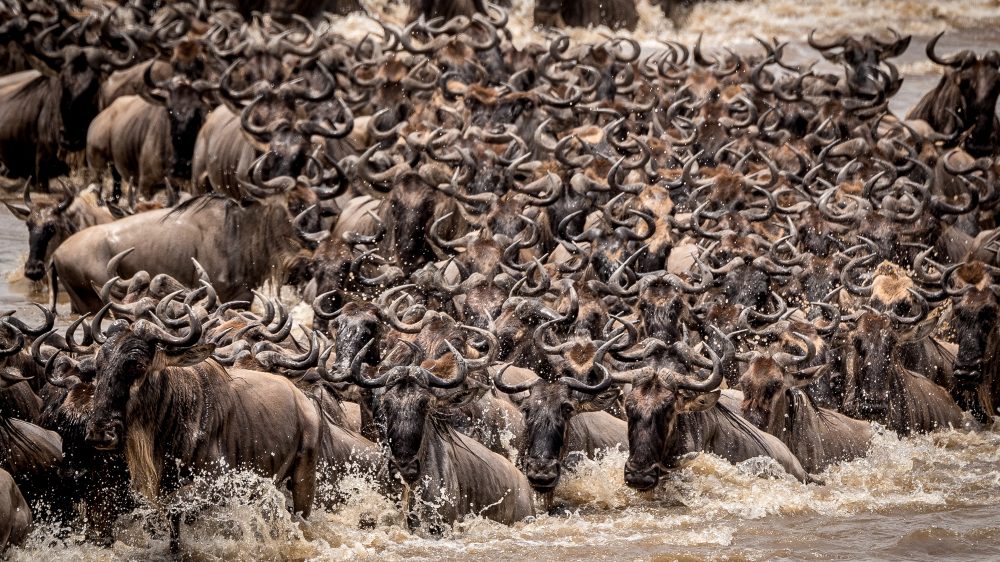Safari In The Time Of Covid
I think I speak for all of us at the Pig when I say that we’re chomping at the bit to be back on the road. But trying to figure out should one travel let alone can one travel, right now is a pretty complicated dance. There’s a lot to take into consideration, to put it mildly. Quite frankly we don’t have all the answers.
International travel – so very, very easy just 9 months ago – now requires a far greater degree of forethought, awareness and risk assessment. Everything in the decision making process has been amplified. To get on a plane these days, you’ll have weighed a very different set of considerations from back in the ancient times of 2019: risk to me, risk because of me, disruption, quarantine, responsibility…
As I sit at my desk mulling it all over, pining for the bush (all while cultivating a pathological hatred for Zoom), I console myself by going through the tens of thousands of photos I have amassed over my years spent on safari. Regardless of the fact that it’s a job requirement, heading out on safari has a profound positive effect on my well being. The pandemic has me sorely missing the thing that makes me good at what I do.
So, what of getting on a plane and heading to Africa for a safari?
To begin with, most African countries have managed to do a reasonable job keeping the Coronavirus in check, and, at time of writing, many places in Eastern and Southern Africa are indeed open for business without the need to quarantine on arrival. You can fly in as long as you have written proof of a negative PCR test with results no older than 72 to 96 hours from your time of arrival in your destination country (depending on the country), and a willingness to participate in contact tracing.
The actual flight seems to present reasonably low risk in and of itself. Multiple studies seem to indicate that your own chances of getting Covid 19 in the air are fairly minimal, especially given the enhanced cleaning protocols on board, reduced service, and the fact that most international flights to Africa and indeed airports are more than half empty.
Upon landing in Africa, there are temperature spot checks, strict social distancing rules and a range of other considerations that are specific to each country, which we can guide you through them if and when you decide to get on a plane.
Things begin to look more normal once you’re out of the airport and on your way to the bush. Covid safety and cleaning protocols are in place across the board on safari, and the nature of the small camps and lodges we use means that social distancing is easy. Individual vehicles are now the norm, and because most staff live and work in the same place, testing is done when a cohort of staff arrives. In many ways, adjusting to the realities of Covid travel is easier for safari camps than other parts of the travel industry, and in my opinion it’s likely that it will be one of the fastest to recover. Remote camps in wilderness areas are by definition socially distant in ways that large hotels in bustling cities are not.
Indeed the main health consideration is oftentimes less about what the risk is to you, but instead, if you’re coming from Europe or North America, about what risk you might pose to the country you’re visiting.
Serious considerations, but again not simple risk assessments that can be taken out of their wider context. Because there is the other side of the coin: the benefit that the revenue from safari tourism undoubtedly provides to local communities and their surrounding habitats. There is a direct correlation between well-managed incoming tourism and a proven decrease in wildlife poaching, measurable regeneration of ecosystems, tangible reduction in poverty and increased access to health care and education.
Simply put, there is a sort of holistic net benefit (beyond all the fun you have) that your tourism dollars can work directly towards. For more on this, I recommend you read Sophy Roberts’ recent article in the Financial Times.
These are all considerations which every traveller has to weigh for themselves. The basic questions (should I take this trip…. what will its impact be… ) predate Covid and will still be relevant afterwards. But the weights in the balancing act are that much heftier this year. We’re here to help you think these things through and consider your travel options. If you suffer from preexisting conditions, are in a high risk category, or the quarantine requirements on your return are too difficult (for example, Canadians are required to quarantine for 2 weeks upon their return from overseas) then perhaps waiting out the pandemic is the right call. But if you’re at low personal risk, can deal with the extra requirements, are easy going and in dire need of some spiritual nourishment, there’s no reason not to consider getting on a plane and heading to the bush. Personally, I’m dusting off my safari zoom lens and I know that it’s only a matter of time before I head out for a fix of wilderness.
Dan’s safari bag has been packed and sitting by his door at the ready for nearly 10 months. We think he sleeps in khakis and a pith helmet. But for all that he’s nothing if not thoughtful, so for an honest and to-the-point discussion on the stay-home-go-travelling question, you can contact him here.
